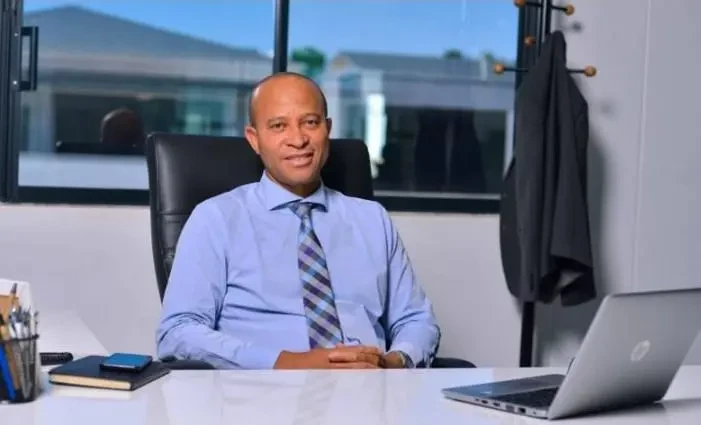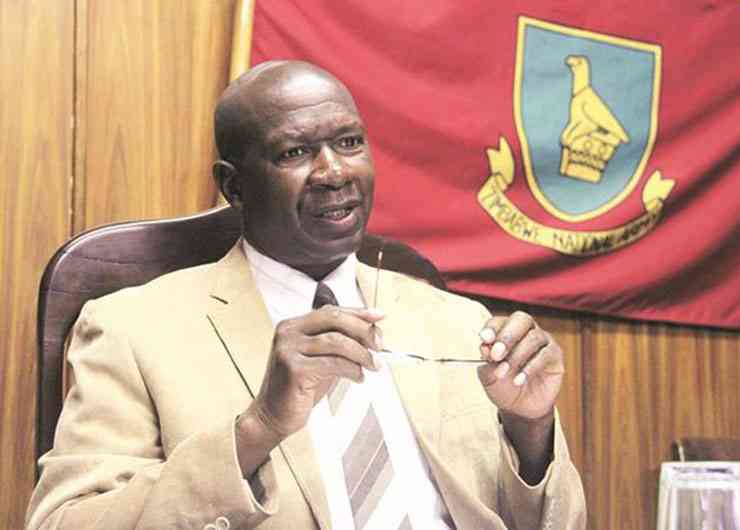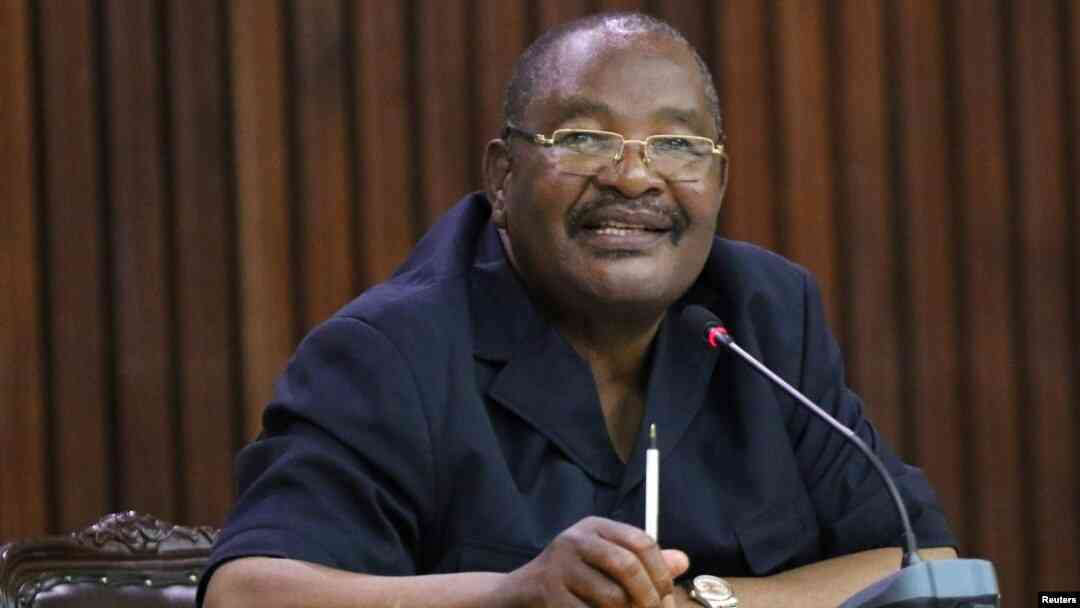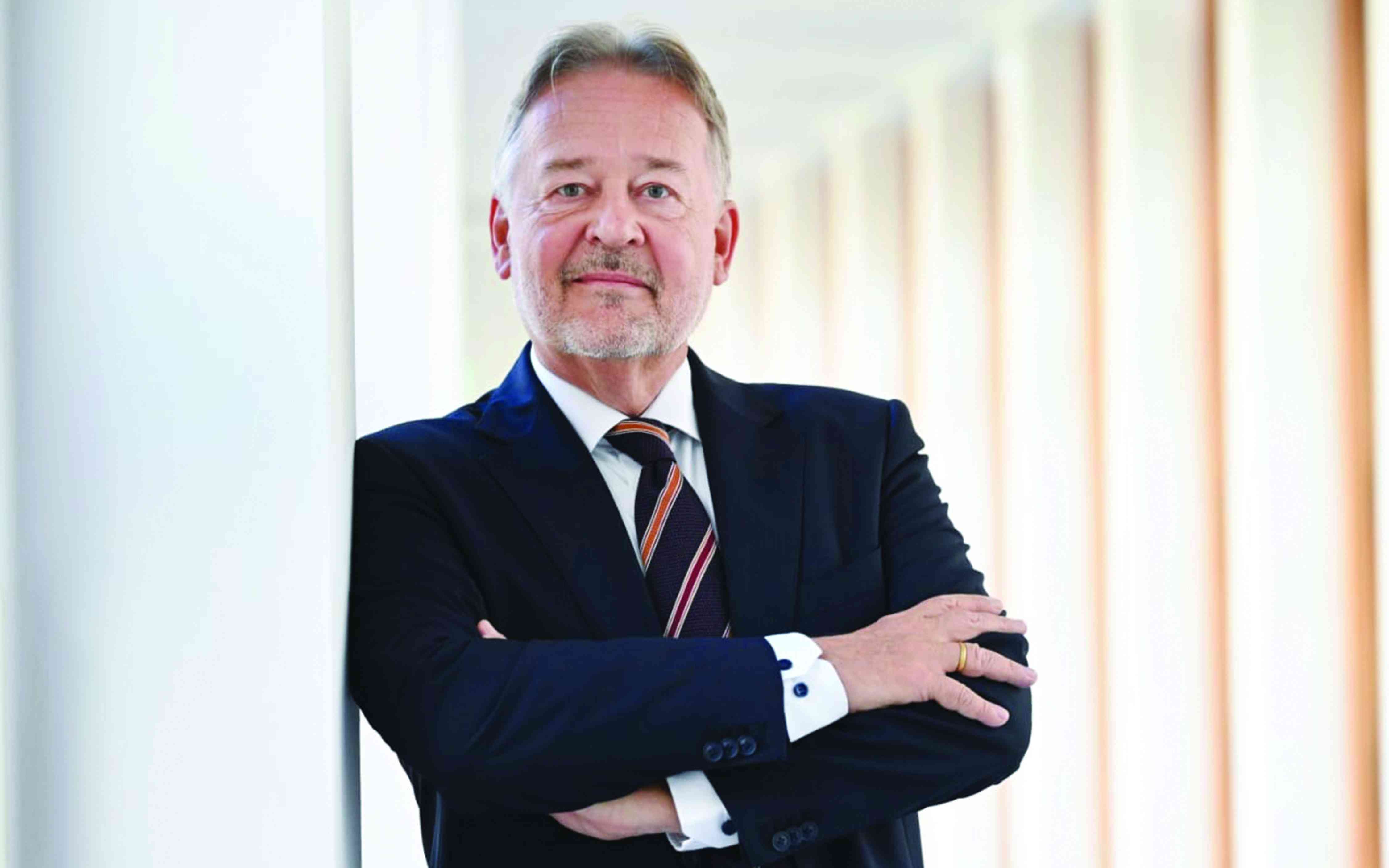
THE Zimbabwe Investment and Development Agency (Zida) released its 2023 fourth quarter report recently, which showed that the country was attracting significant foreign direct investment, especially in the mining and energy sectors. Our reporter, Tanyaradzwa Kapuru (TK) sat down with Zida chief executive officer Tafadzwa Chinamo (TC, pictured) to get more insights into the report. Find below excerpts of the interview:
TK: Take us through developments in the last quarter of 2023?
TC: When a license is issued, it is not indefinite, it is not perpetual. There is a requirement for investors to renew that license after a certain period. It could be one or two years. In terms of the number of licenses renewed, during that quarter, there were licenses which were fully due for renewal. Eighty one applicants renewed their licenses. It is an indication that a year or two had passed and they still wanted to be investors here. In that case, they go through the process again. We will be checking a few things to confirm with what they have done.
TK: Which sectors are attracting more investment?
TC: The energy sector is doing well. In quarter four, mining had 61 projects and the energy sector had two. The previous quarter, energy had one big project. But the mining sector had 86. Perhaps mining is something that we should be focusing more on. Right now, we are not discriminating really about the size of the investor.
Value-wise, energy projects tend to be bigger. We are talking of serious amounts of money for a typical solar or hydro project. There were also investments in tourism, such as restaurants, and even lodge facilities. You also find that for tourism, the bulk of investors are locals. They don’t need the bulk of services that Zida offers, such as the facilitation for establishing an investment. Most people believe that they can do it on their own. If you go to Victoria Falls, most of those motels didn't pass through Zida.
TK: What are you doing to correct that? There should definitely be advantages of coming through Zida.
TC: I think we can do a lot of advocacy on their part, such as facilitation with all government arms. This is what we do for foreign investors that come here. A lot of issues with exchange control, taxes, immigration and so forth, we really help them with that. For locals they may feel that some things are not necessary. We believe that we will educate them more on the benefits of being associated with Zida. We are on a drive right now to have more domestic investors registered by us for the purpose of creating a bigger voice for advocacy for a better business environment.
- Letters: Policy inconsistencies driving out, frustrating foreign investment
- Lithium exports to surpass gold, says Zida chief
- Cannabis farmers underestimated costs involved: ZIHT
- Zim’s cannabis hopefuls face EU blowback
Keep Reading
TK: How many days does it take for one to get a license from Zida?
TC: Because of the speed at which we automated our processes here, we can now process applications very quickly. About a year or so ago, it would have taken you about 21 days to get your Zida license. The quickest we have done is less than a day. But we have reduced it.
SM: Let’s talk about investments in different provinces
TC: The provinces tend to track what (resources) are in that province. Harare Province is just the commercial hub. Some projects are registered in Harare but operations might be in other provinces. In the future, we will actually segment the investments to say yes, while it might be registered in Harare, it also has significant operations in other provinces. But I think what is important are the numbers. If we have zero (licenses issued) then I would worry.
For Matabeleland South, perhaps we are not marketing or profiling them in a certain way. The other provinces (which did well) are the areas with extensive mining. So you might know that if you really dig deep, a lot of the activities might be happening around the provinces.
TK: What is the outlook in 2024?
TC: We are hopeful. I think we learned a lot last year. Like I said, for us automation is key. The investor, especially the one who is coming from another country, needs a very smooth, hustle-free process of getting their paperwork done quickly and so forth. Targeting investors directly is something that we are going to do more this year and that really starts from us preparing opportunities in a way that are tailor-made for specific investors. So, if you are saying that we are going to do energy or renewable energy, we have to identify those projects very clearly and identify potential investors and proactively go after them. So, for us, that is key.
We believe the opportunities are there and we are working very well with the provinces. They are telling us, informing us all the time and we have engaged them enough. Now that they know, their ability of identifying and preparing projects is also improving. So in this industry, I think it is all about identifying the opportunities and presenting them in a way that investors find appealing. So, we really don't try to quiz investors. If someone says I want to invest US$3 billion, it would be good, but we have limits to how much we can interrogate (them).
TK: Tell us about a proposal that came from Ajako United (Pvt) Ltd, which seeks to establish its operations in Harare.
TC: We have put it on the side. We didn't include it in the 2023 figures and as we go into 2024, we will then start to see. But the US$6,9 billion (by Ajako)will transform and have an impact on this economy. We are observing it and we will work with the investors to ensure that everything that they require from us to implement this project is provided. We try to be as realistic as possible. That's why I was saying that the actual investment is very important but you can only establish that once a project is established. Someone might say that they are investing US$10 million and no project takes off in the same year. There is a lot of preparatory work that is done, construction is done, maybe environmental assessments that are being done and so forth. So those things take time. A project typically will spread the investment over four or five years. Every year you are then just monitoring.
TK: What challenges do you face in marketing Zimbabwe?
TC: I think for us, the challenge is that we have to market in an environment that is conducive for business. So, I think all the ills that we always hear of local businesses complaining about the currency, high inflation, lack of capital from banks and so forth.










